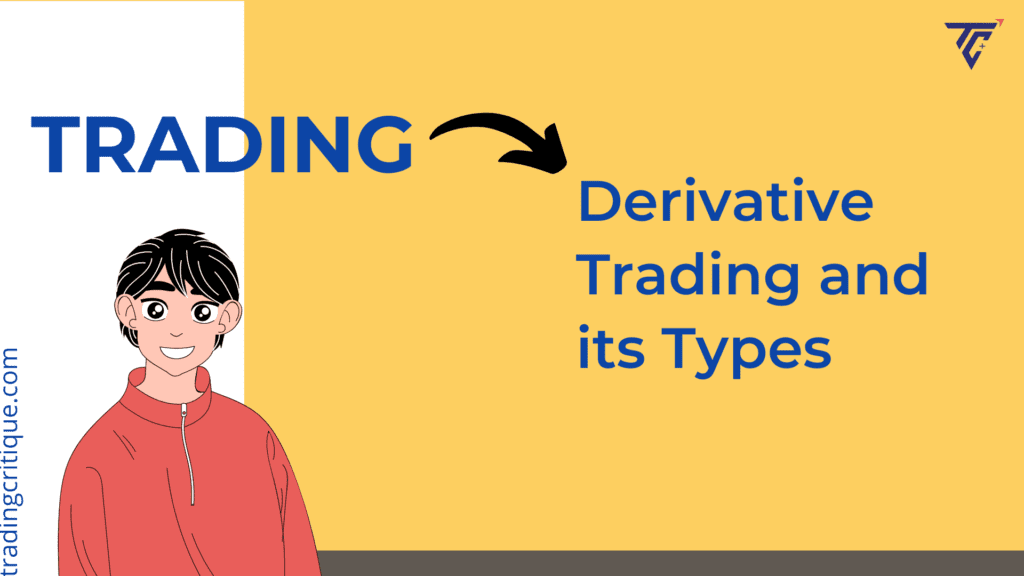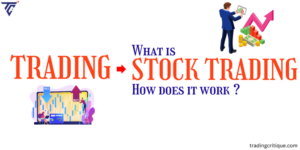
What is SIP and How SIP Investment Works?
Systematic investment plans offer a systematic approach to investing that allows individuals to invest a fixed amount of money in their preferred investment instruments on a regular basis. SIPs have several benefits including steady investment, versatility, the possibility of dollar-cost averaging, and the opportunity to start with small amounts of money.








